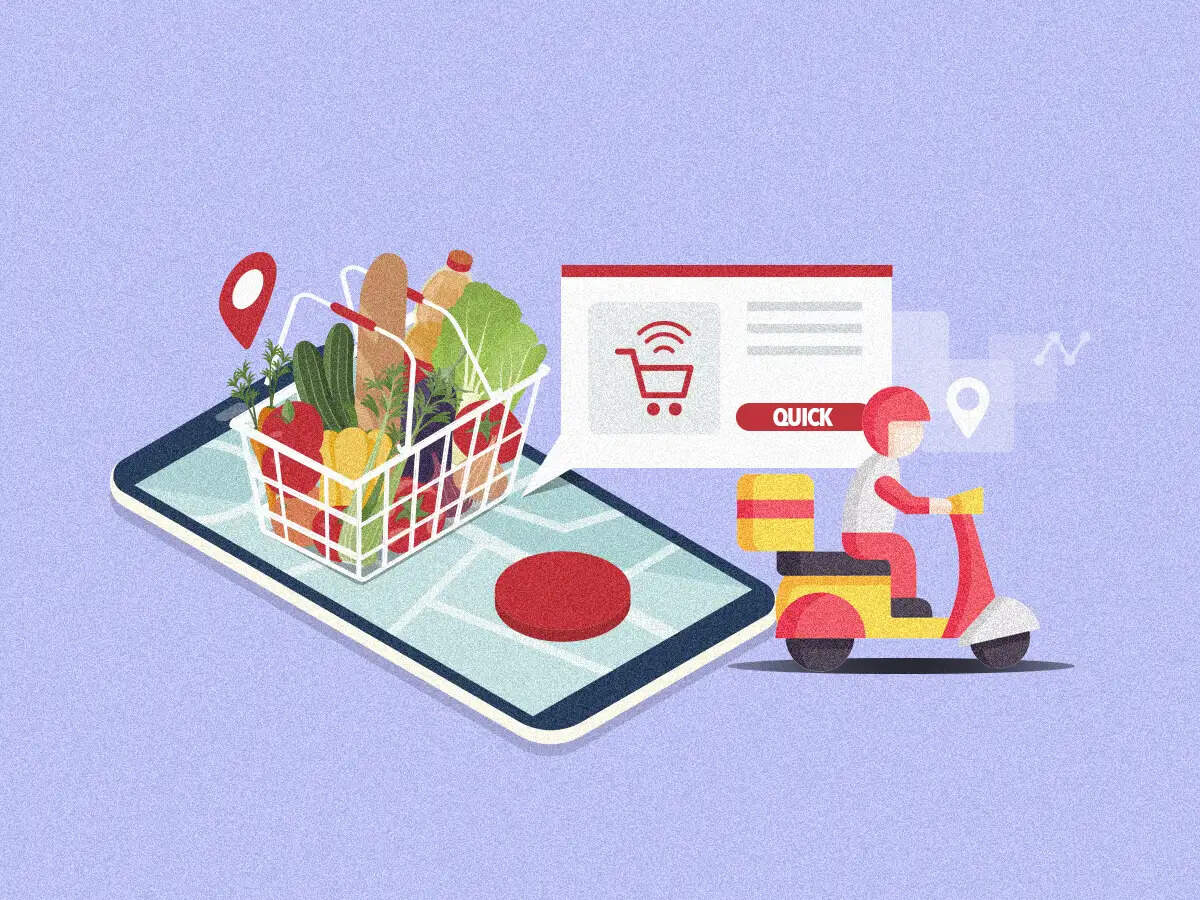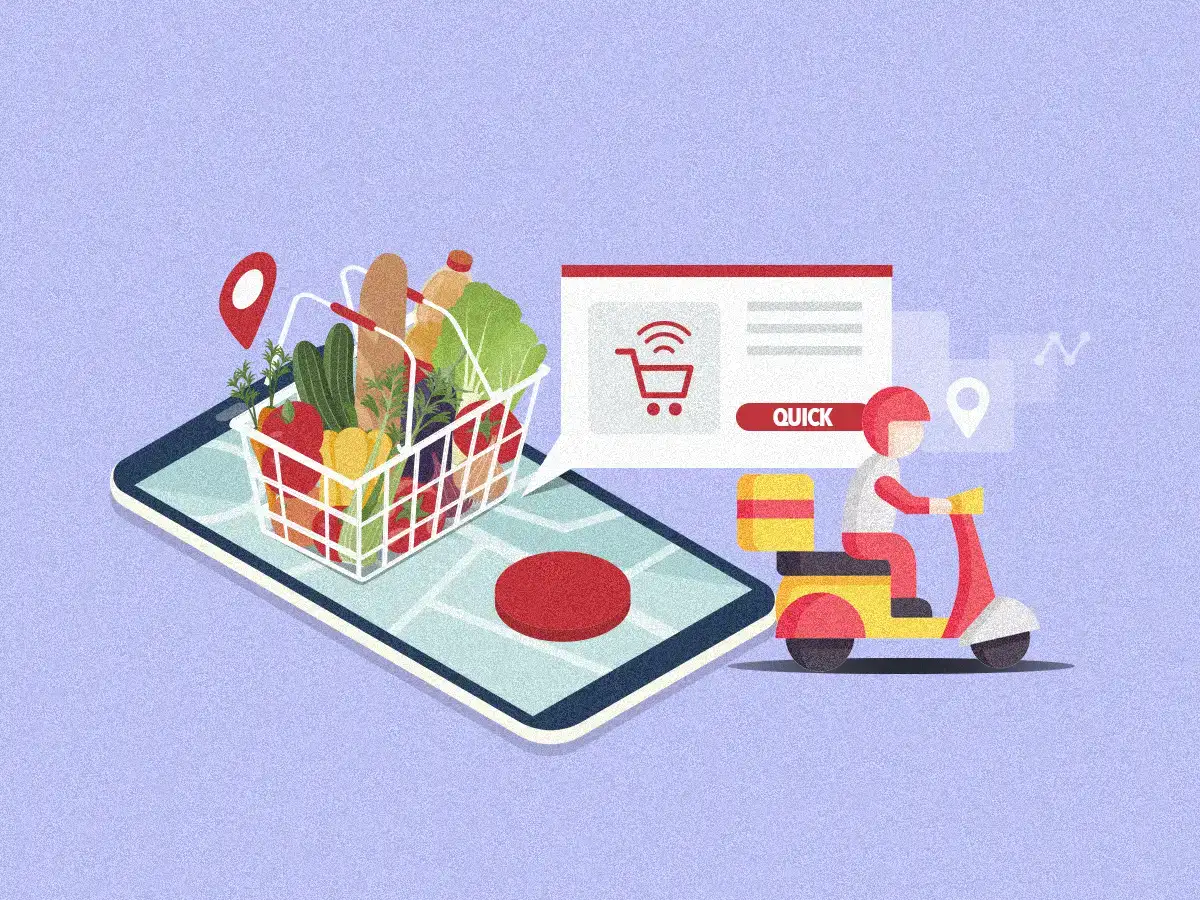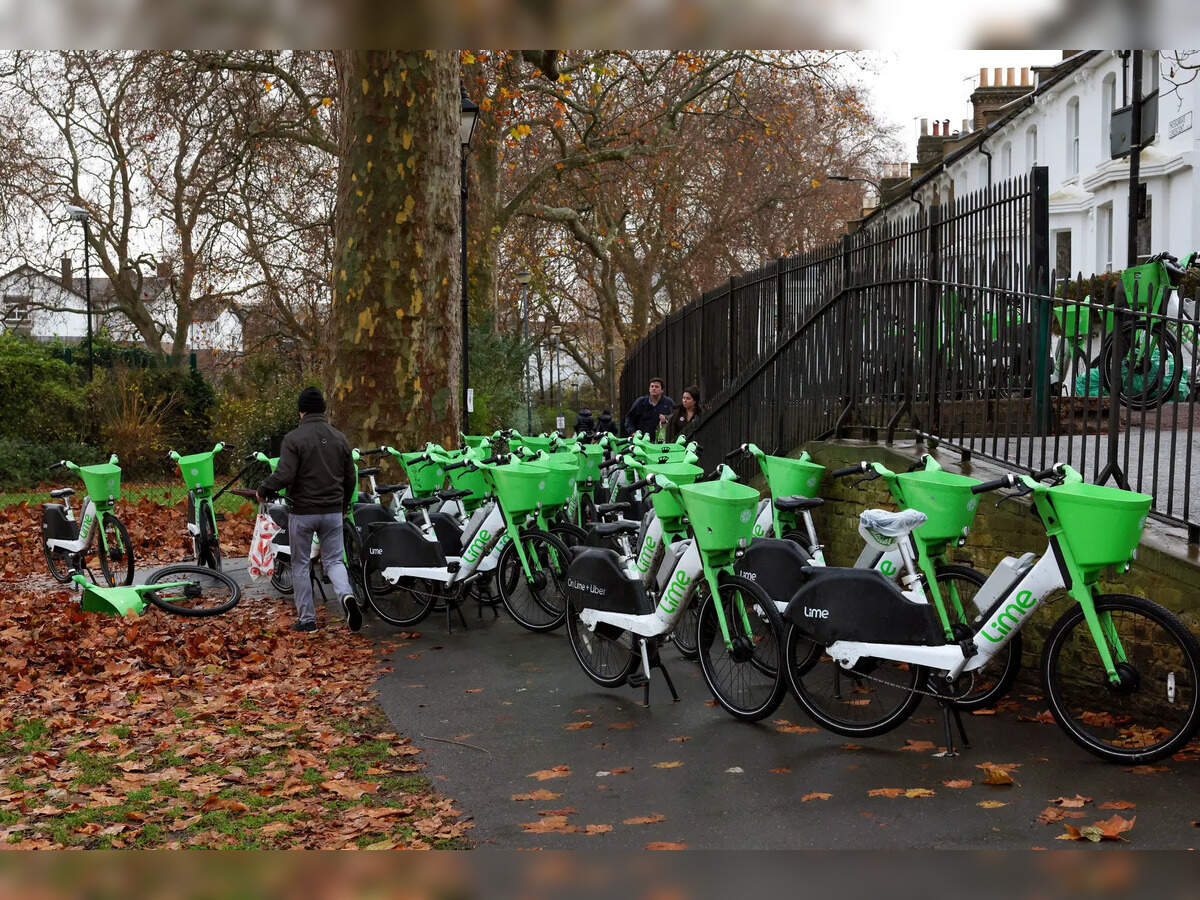A key driver for quick commerce demand in tier-II cities is the higher number of options offered on the platform, Emkay noted. Quick delivery apps are offering as many as 8,000 stock-keeping units (SKUs), compared to only 1,000 SKUs available with local kirana stores.
The range of offerings has diversified from daily grocery items to fashion, and even high-end electronics such as gaming consoles and laptops.
Also Read: Rapid fashion delivery gathers pace, but long-term viability in question
Meanwhile, low rent and wages make breakeven easier to achieve in tier-II cities—at 800 orders per store compared to 1,300 orders a store in tier-I cities. Although mid-mile logistics costs are higher in tier-II cities, they are not dealbreakers, the report said.
Considering the inherent demand and favourable unit economics in tier-II cities, Emkay said it sees a long growth runway for the quick commerce business.
Margins in focus
While quick commerce companies have achieved meaningful scale in terms of orders per day, their fill rates and average order values (AOV) are low. Fill rates refer to the percentage of orders that can be fulfilled without running out of stock. AOV is the average amount customers spend on an order.
Emkay cited the example of an unnamed “prominent Indian retailer”, which is using existing physical stores for its quick commerce operations, and facing low fill rates and AOV. The quick commerce player in question is using promotional tactics such as discounted store prices, waived delivery fees, and low minimum order values to incentivise adoption of its platform.
Also Read: Inside Reliance Retail’s reboot to 30-minute quick commerce
The focus is now gradually shifting to margin improvement, the brokerage noted. QCom companies are focusing on a near-doubling of the current AOV with margin accretive categories such as durables, gourmet, general merchandise, café, emergency occasions, instead of the current practice of keeping lower-margin categories such as dairy, fruits, vegetables and staples.
Also Read: Amazon Now expands quick commerce offering in Delhi after Bengaluru




